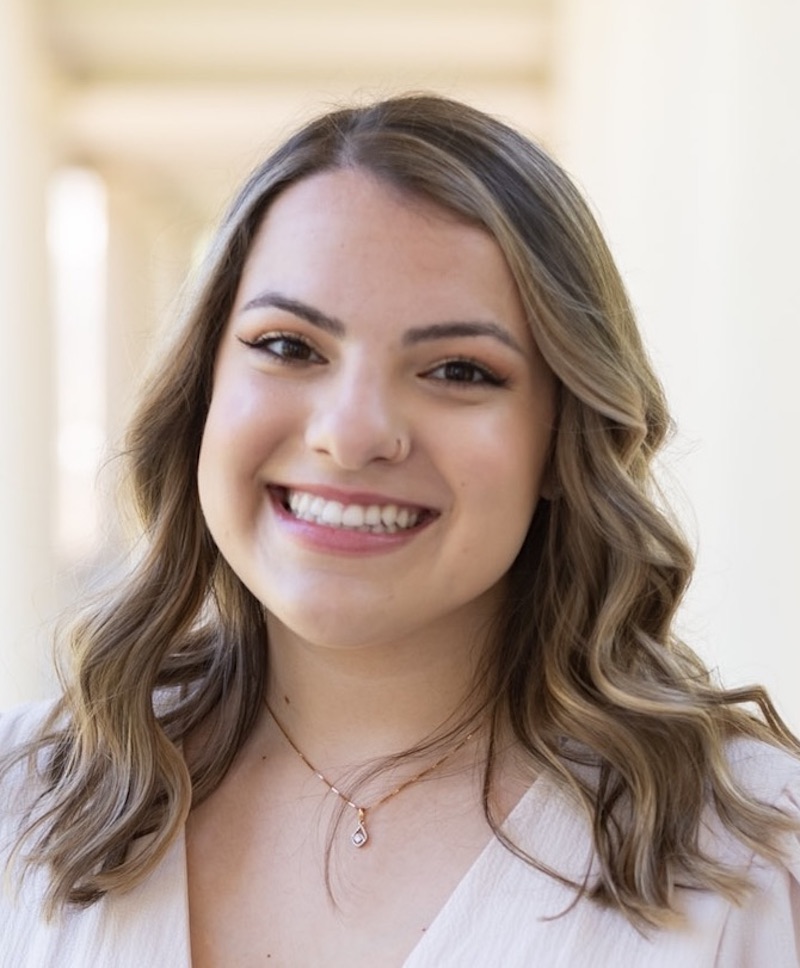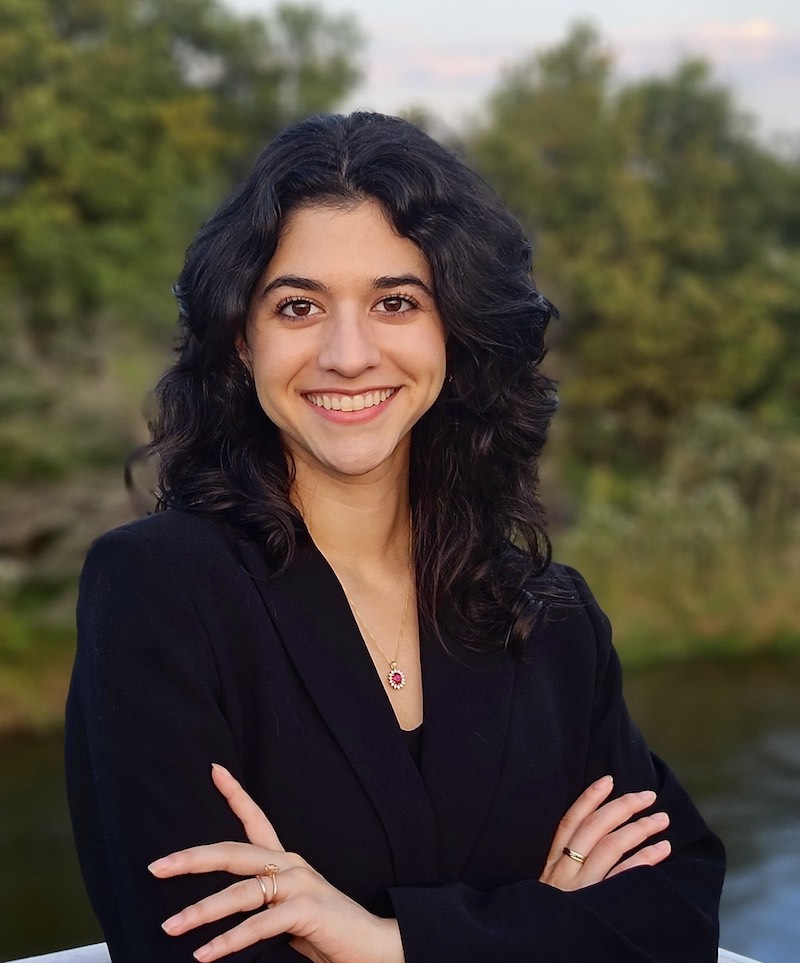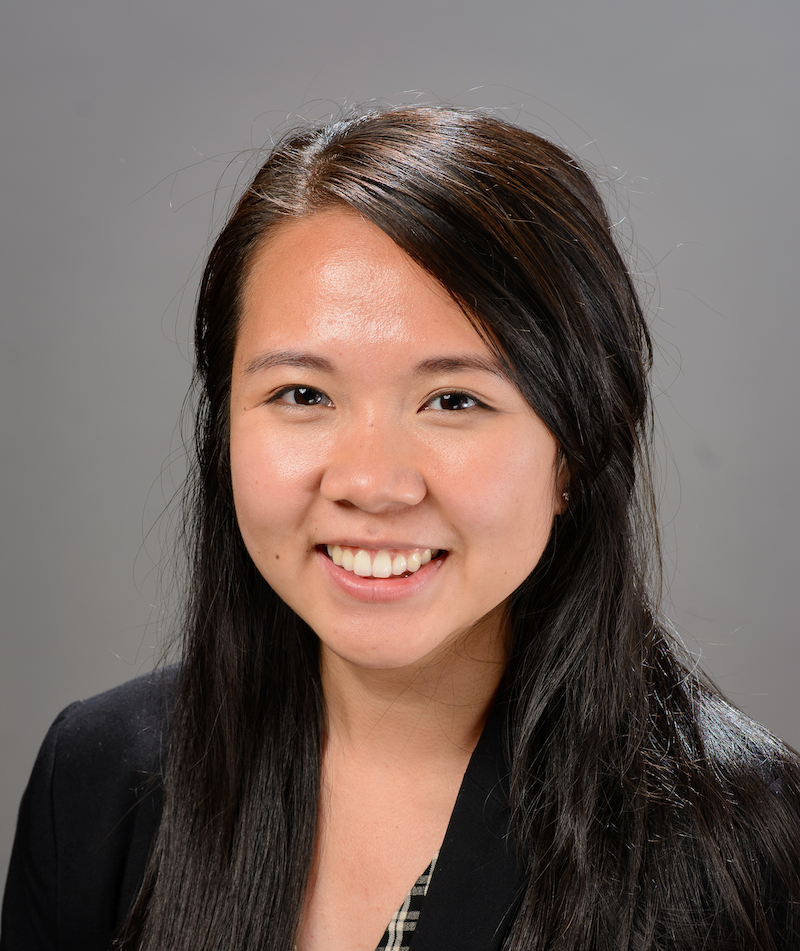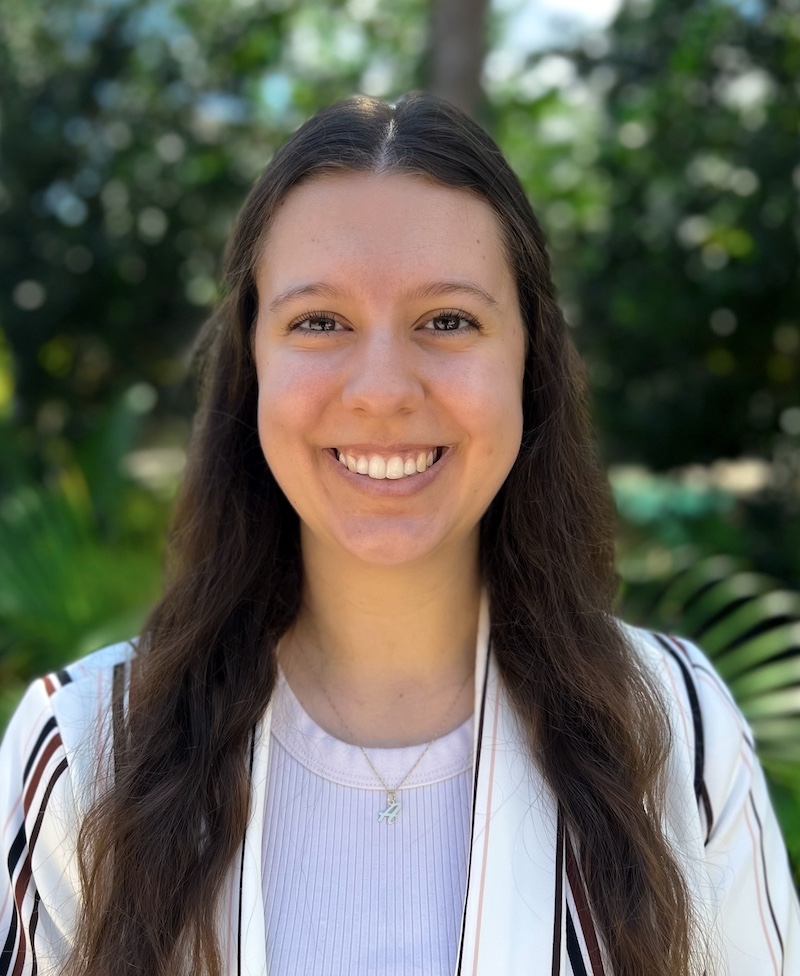The Student View
Highlighting SCCAP’s Student Mentorship Program
The Student View
Highlighting SCCAP’s Student Mentorship Program
By Emily Shah, M.A., Mentorship Committee
Caterina Obenauf, M.A., Mentorship Committee
Hong Bui, M.S., SCCAP Student Representative
Amanda Bennett, M.S., SCCAP Student Representative
What is the Mentorship Program?
SCCAP acknowledges the imperative role of mentors to develop future leaders in the field of child and adolescent psychology. The SCCAP Mentorship Program was established in 2012 to facilitate meaningful connections between SCCAP professionals and students to enhance support systems and social networks, as well as uphold the values of scientific excellence and commitment to the well-being of children and adolescents across research and clinical settings. Over the past 12 years, the SCCAP Mentorship Program has involved hundreds of psychology students and professionals who have dedicated time to foster connections within the child and adolescent psychology community.
Undergraduate students gain exposure to advice and recommendations on various topics, including the graduate school application process, career objectives, research and clinical interests, and graduate student life. Graduate students are mentored by a postdoctoral scholar or early career psychologist/licensed professional to receive mentorship around career development, the job market, and next steps in one’s professional trajectory as a child and adolescent psychologist.
Graduate student and early career mentors have the opportunity to facilitate meaningful mentorship relationships among SCCAP students and provide guidance for the future leaders in psychology.
Who is Eligible?
The SCCAP Mentorship Program is open to undergraduate students, graduate students, and early career professionals (e.g., postdocs, licensed professionals), although we also welcome any professionals interested in mentorship. Graduate students and early career professionals serve as mentors to undergraduate students and graduate students, respectively. The mentorship program welcomes interest from both research-focused and clinical-focused mentors and mentees!
How to Get Involved
Watch the SCCAP listserv for the call for applications, which usually opens on 5/1 and closes on 5/31. Last year, 81 undergraduates and 40 graduate mentees were matched with a mentor, and all who applied were matched! You can complete the application that applies to you:
- Mentee Application for Undergraduate Students or Graduate Students Planning on Applying to Doctoral Programs (i.e., I am an undergraduate student and want to receive mentorship OR I graduated from college [i.e., currently a post baccalaureate student, working, or in a terminal master’s program] and am interested in applying to doctoral programs and want to receive mentorship)
- Mentee Application for Graduate Student (i.e., I am a graduate student and want to receive mentorship from a postdoc and/or early career psychologist/licensed professional)
- Mentor Application for Graduate Student (i.e., I am a graduate student and want to be a mentor to an undergraduate)
- Mentor Application for Early Career Psychologist (i.e., I am a postdoc and/or early career psychologist/licensed professional and want to be a mentor to a graduate student; mid/late career psychologists are also welcome to apply)
An Inside Look Into the Matching Process
Once the application window closes, the Mentorship Committee spends several weeks reviewing applications and matching mentees to mentors. Matches are made based on a number of factors. The committee prioritizes matches based on availability and interests (research and clinical); however, applicants can also indicate their preference for being matched based on similarities in race, ethnicity, gender, sexual orientation, geographical location, first generation status, and more! After several rounds of checking and rechecking matches to make sure that mentee and mentor pairs are a good fit, the committee emails each mentee/mentor pair to make introductions and provide more information about the program. The committee also encourages mentors and mentees to reach out via email (mentoring@sccap53.org) if there is ever a concern regarding their match!
What to Expect From the Program
For Mentees: Mentees are expected to commit to regular communication with their mentor, either 1-3 times overall or at least once a month for a minimum of 6 months. During the initial meeting with their mentor, mentees are expected to set at least one goal for the mentorship relationship. Mentees are also expected to seek guidance on topics such as job applications and career paths and maintain professionalism and boundaries.
For Mentors: Mentors are expected to commit to regular communication with their mentee according to the agreed-upon frequency. Mentors can provide guidance on various topics including job applications, career choices, and interview preparation and offer assistance with reviewing documents and networking opportunities as appropriate.
Testimonials from Past Mentors:
“I really enjoyed the opportunity to assist both mentees over the last 2 years who are trying to break into the work of pediatric psychology from grad programs that did not have a lot of peds psych mentors/options.”
“The program itself is wonderful! I benefited from the program as a mentee, and I am learning to become a better mentor in this program.”
“We were so well matched. She ended up matching at the same site I went to for internship!”
“I have benefited from this program as a mentee and was very glad to have the opportunity to pay it forward.”
“Great pairing in terms of personal style and professional interests. Thoroughly enjoy the matching and meeting expectations.”
Testimonials from Past Mentees:
“It [the mentorship program] definitely confirmed my research and clinical career goals. Being a first gen, I was able to get a lot more support talking to my mentor in one session than I have with trying to talk to others not directly on the route that I want to go. It’s been very beneficial and I think that I would love to be able to support another in the same way.”
“It [the mentorship program] has exceeded my expectations – My mentor is super responsive, always thinking of me, and consistently shows up for me and gives me advice. We have very frequent communication and I feel that she really makes intentional time for me in her busy schedule. I have also been able to meet up with her at a conference and get to know her in person too, which was rewarding.”
“It [the mentorship program] has confirmed my career trajectory for post-internship and my mentor helped me talk through my internship goals.”
“This is a fantastic program and I am grateful for having been able to participate.”
“I have had such a great experience with this program. [It] confirmed that I want to focus on clinical practice.”
“This mentoring relationship has helped me hone my career goals and widened my understanding of what is possible for a career in psychology.”
“I am very happy with my mentor and have seen the benefits of receiving mentorship.”
“This exceeded my expectations. She [my mentor] was incredibly helpful.”
“It’s a great community with people who are passionate about helping young children.”

Emily Shah, M.A.
Mentorship Committee

Caterina Obenauf, M.A.
Mentorship Committee

Hong Bui, M.S.
SCCAP Student Representative

Amanda Bennett, M.S.
SCCAP Student Representative
“The SCCAP Mentorship Program is open to undergraduate students, graduate students, and early career professionals (e.g., postdocs, licensed professionals), although we also welcome any professionals interested in mentorship.”
Graduating Students – Get Highlighted in the Fall 2024 InBalance Issue!
SCCAP would love to highlight your graduation milestones whether it is an undergraduate, master’s, doctoral, or professional degree. Please fill out the following form to be included in our next InBalance newsletter.
More From Summer 2024
More From Summer 2024
President’s Message
By Andrea Chronis-Tuscano, PhD
In Focus: Understanding the Onset of Psychosis Among Youth & Young Adults
By Aubrey M. Moe, PhD & Melissa F. V. Kilicoglu, MA
Expert Recommendations: Social Media & Mental Health in Children & Adolescents
By Hayley Fournier, PhD; Alex Foxwell, PhD; & Betsy Kennard, PsyD, ABPP
LEAD Fellow Spotlight
Featuring Ashley Ramclam, PhD
The Student View: Highlighting SCCAP’s Student Mentorship Program
By Emily Shah, MA; Caterina Obenauf, MA; Hong Bui, MS; & Amanda Bennett, MS
SCCAP at the 2024 APA Convention
By Nicole Lorenzo, PhD and Kelsie Okamura, PhD
The SCCAP Webinar Series
The Future Directions Forum Updates
By Andres De Los Reyes, PhD
Save the Date: Inaugural SCCAP Conference!
By Mary Louise Cashel, PhD
Happy 25th Anniversary to SCCAP!
By Mary A. Fristad, PhD, ABPP
Distinguished Career Contributions to Science Award
Recipient: Ann Masten, PhD
Distinguished Career Award for Practice & Training
Recipient: Jarrod Leffler, PhD, ABPP
R. Bob Smith, III Excellence in Psychological Assessment Award
Recipient: Elizabeth Kryszak, PhD
Richard “Dick” Abidin Early Career Award
Recipient: Angela Narayan, PhD
Early Career Contributions to Diversity Science Award
Recipient: Jocelyn I. Meza, PhD
Diversity Professional Development Award Recipients
Routh Dissertation Grant Recipients
Student Achievement Award Recipients
Student Professional Development Award Recipients
Consolidated SCCAP Awards Period
JCCAP Issue Highlight
By Andres De Los Reyes, PhD
EPCAMH Update
By Mary A. Fristad, PhD, ABPP
Council of Representatives Report
By Mary Louise Cashel, PhD & Stephen Hupp, PhD
ABCCAP Update
By David A. Langer, PhD, ABPP
Fellows Committee Update
By Martha C. (Marcy) Tompson, PhD
Science & Practice Committee Update
By Jennifer L. Hughes, PhD, MPH
Membership Committee Update
By Chrissy Cammaratta, PhD, ABPP
AIRS SIG Update
By Alysha Thompson, PhD
Bilingual Psychologists SIG Update
By Hannah Jones, PhD
Clinical Child & Adolescent Practice SIG Update
By Jill Thurber, PhD, ABPP
EA SIG Considerations for Caregiver Involvement in Treatment
By Arielle Linsky, PhD & Joe DeLuca, PhD
Professional Development & Mentoring SIG Update
By Hannah Ades, BA & Andres De Los Reyes, PhD
Introducing the Summer Treatment Program SIG
By Katie Hart, PhD & Sarah Tannenbaum, PsyD, ABPP
More From Summer 2024
More From Summer 2024
President’s Message
By Andrea Chronis-Tuscano, PhD
In Focus: Understanding the Onset of Psychosis Among Youth & Young Adults
By Aubrey M. Moe, PhD & Melissa F. V. Kilicoglu, MA
Expert Recommendations: Social Media & Mental Health in Children & Adolescents
By Hayley Fournier, PhD; Alex Foxwell, PhD; & Betsy Kennard, PsyD, ABPP
LEAD Fellow Spotlight
Featuring Ashley Ramclam, PhD
The Student View: Highlighting SCCAP’s Student Mentorship Program
By Emily Shah, MA; Caterina Obenauf, MA; Hong Bui, MS; & Amanda Bennett, MS
SCCAP at the 2024 APA Convention
By Nicole Lorenzo, PhD and Kelsie Okamura, PhD
The SCCAP Webinar Series
The Future Directions Forum Updates
By Andres De Los Reyes, PhD
Save the Date: Inaugural SCCAP Conference!
By Mary Louise Cashel, PhD
Happy 25th Anniversary to SCCAP!
By Mary A. Fristad, PhD, ABPP
Distinguished Career Contributions to Science Award
Recipient: Ann Masten, PhD
Distinguished Career Award for Practice & Training
Recipient: Jarrod Leffler, PhD, ABPP
R. Bob Smith, III Excellence in Psychological Assessment Award
Recipient: Elizabeth Kryszak, PhD
Richard “Dick” Abidin Early Career Award
Recipient: Angela Narayan, PhD
Early Career Contributions to Diversity Science Award
Recipient: Jocelyn I. Meza, PhD
Diversity Professional Development Award Recipients
Routh Dissertation Grant Recipients
Student Achievement Award Recipients
Student Professional Development Award Recipients
Consolidated SCCAP Awards Period
JCCAP Issue Highlight
By Andres De Los Reyes, PhD
EPCAMH Update
By Mary A. Fristad, PhD, ABPP
Council of Representatives Report
By Mary Louise Cashel, PhD & Stephen Hupp, PhD
ABCCAP Update
By David A. Langer, PhD, ABPP
Fellows Committee Update
By Martha C. (Marcy) Tompson, PhD
Science & Practice Committee Update
By Jennifer L. Hughes, PhD, MPH
Membership Committee Update
By Chrissy Cammaratta, PhD, ABPP
AIRS SIG Update
By Alysha Thompson, PhD
Bilingual Psychologists SIG Update
By Hannah Jones, PhD
Clinical Child & Adolescent Practice SIG Update
By Jill Thurber, PhD, ABPP
EA SIG Considerations for Caregiver Involvement in Treatment
By Arielle Linsky, PhD & Joe DeLuca, PhD
Professional Development & Mentoring SIG Update
By Hannah Ades, BA & Andres De Los Reyes, PhD
Introducing the Summer Treatment Program SIG
By Katie Hart, PhD & Sarah Tannenbaum, PsyD, ABPP
